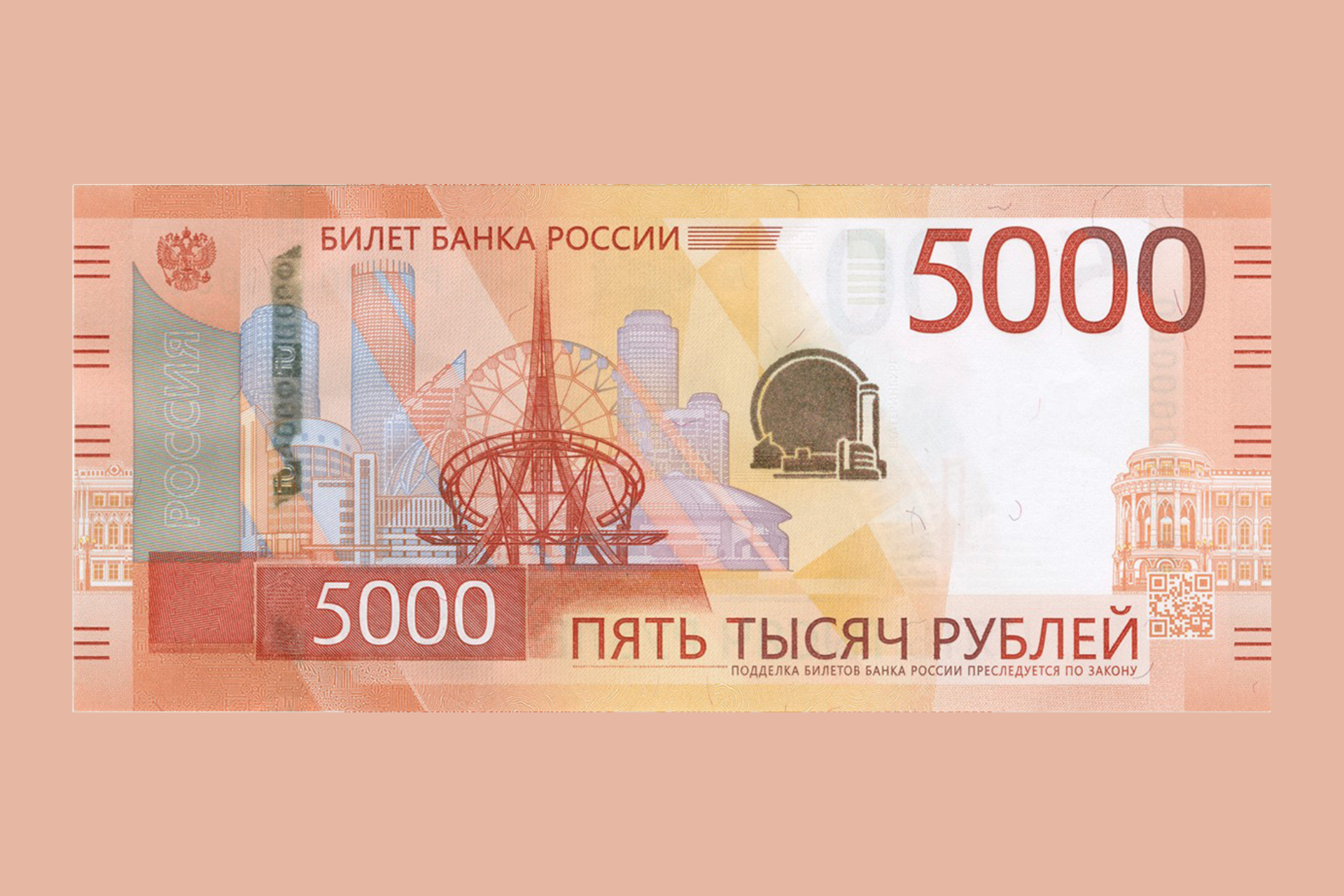An Insightful Analysis of the Real Use of the US Dollar in Sanctioned Economies
I want to discuss topics often overlooked, focusing on countries under heavy sanctions, such as Venezuela, North Korea, Iran, Syria, Lebanon, and Afghanistan, among others, including Cuba. Some of these countries are under sanctions, while others might not be. A pressing question arises: Do sanctioned countries use the US dollar? The answer is unequivocally yes. Despite the myriad discussions by the US Department of Treasury and the US government about the effectiveness of sanctions, the reality is that sanctions do not work.
There is ample research indicating the ineffectiveness of sanctions despite counterarguments from critics. Numerous experts have conducted detailed studies revealing that, contrary to popular belief, sanctions fail to achieve their intended outcomes. However, returning to the specific issue of the illicit use of the US dollar in these countries, it is evident that nations like Iran utilize the US dollar daily. For those doubting this, visiting foreign exchange markets in places like the Grand Bazaar in Turkey would reveal the free trade of the dollar.
Beyond the US dollar, American securities, bullion receipts and cryptocurrencies such as USDT (Tether) and USDC (Circle), are traded extensively. Cryptocurrencies, whether directly related to the US or not, are significantly influenced by US regulations and continue to be exchanged freely in these countries. Despite efforts to label certain wallets as “Iranian” or “North Korean,” trading persists, supported by businesses and individuals willing to engage despite potential legal repercussions. They operate under the radar, often conducting transactions worth thousands of dollars daily without significant legal challenges.
The belief that sanctions can completely isolate these countries from the global financial system is a misconception. The abundance of US dollars and cryptocurrencies circulating within these economies demonstrates the futility of such measures. The reality on the ground is always one step ahead of regulations, with individuals and businesses finding ways to circumvent legal barriers. This creates opportunities for arbitrage, enabling continued trade and profit.
I argue that compliance officers and experts in counterterrorism and anti-money laundering should conduct field visits to these countries to gain a deeper understanding of how money transfers occur outside formal channels. Many theoretical AML specialists lack firsthand experience with the practicalities of street-level money transfers, which are crucial for understanding the economies of sanctioned countries.
In conclusion, despite the efforts of Western countries to enforce sanctions, they do not prevent the use of the US dollar, the Euro, the Pound, the Yen, the Swiss Franc, and other currencies in sanctioned nations. These countries find ways to circumvent restrictions, underscoring the ineffectiveness of sanctions. I plan to write a separate article on field research to share further insights. However, it is clear that sanctions fail to achieve their goals, and sanctioned countries continue to engage in financial transactions with the global economy.
—
This page was last updated on February 14, 2024.
–




